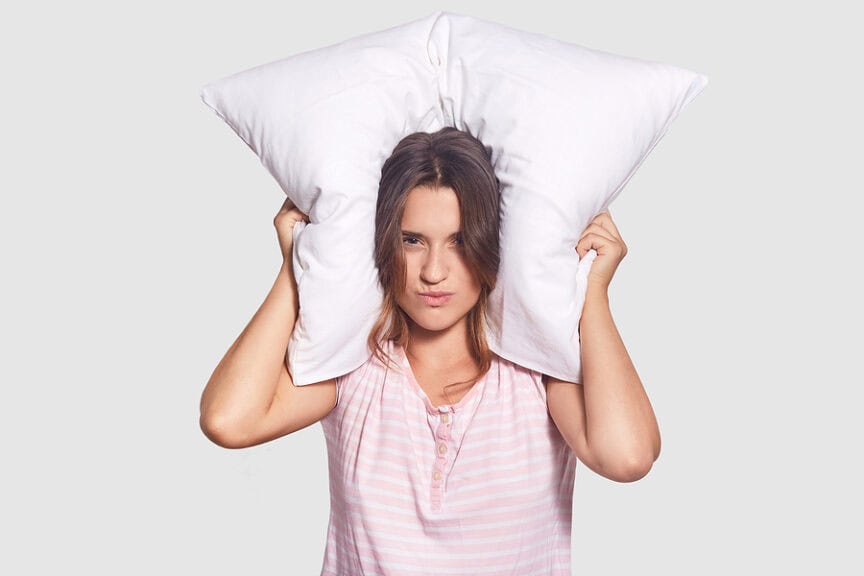The sound of an alarm clock cutting through the haze of an interrupted night feels all too familiar for many adults. Sleep, which should rejuvenate and refresh, can sometimes tire individuals. While occasional restlessness happens to everyone, persistent struggles with sleep might point to underlying disorders that deserve attention.
Sleep disorders are more than just an inconvenience. They can disrupt physical health, mental well-being, and daily life. Recognizing the signs early can pave the way for better sleep and improved quality of life. Here are some common indicators that suggest a problem with your sleep.
Chronic Fatigue Despite Adequate Rest
Feeling tired after a night’s sleep can be an early sign of a sleep disorder. Conditions like sleep apnea or restless legs syndrome can prevent deep, restorative sleep, leaving individuals perpetually fatigued. This persistent exhaustion can make even simple tasks feel overwhelming.
Chronic fatigue can also impact concentration and mood, often causing irritability or forgetfulness. If this pattern persists despite maintaining good sleep hygiene, it may warrant further investigation.
Difficulty Falling or Staying Asleep
Lying awake for hours or frequently waking up during the night could signal insomnia, one of the most common sleep disorders. Stress, anxiety, or even physical discomfort can exacerbate this condition, turning bedtime into a nightly struggle.
This interrupted sleep cycle can lead to feelings of frustration and exacerbate other health issues. Seeking support can help identify the root causes and potential treatments to restore restful nights.
Loud Snoring or Gasping for Air
Snoring, especially when accompanied by pauses in breathing or choking sounds, can indicate sleep apnea. This condition occurs when the airway becomes temporarily blocked, reducing oxygen flow and disrupting sleep.
When left untreated, sleep apnea can contribute to serious health problems, including high blood pressure and heart disease. A proper diagnosis and treatment plan can significantly improve sleep quality and overall health.
Daytime Sleepiness and Microsleep Episodes
Falling asleep during daytime activities, such as meetings or while watching TV, is another potential sign of a sleep disorder. Narcolepsy or severe sleep deprivation can cause excessive daytime sleepiness, leading to unintended naps known as microsleeps.
These sudden sleep episodes can be dangerous, especially while driving or operating machinery. Addressing the underlying cause can reduce these risks and improve daytime alertness. Contact us today for more information!

